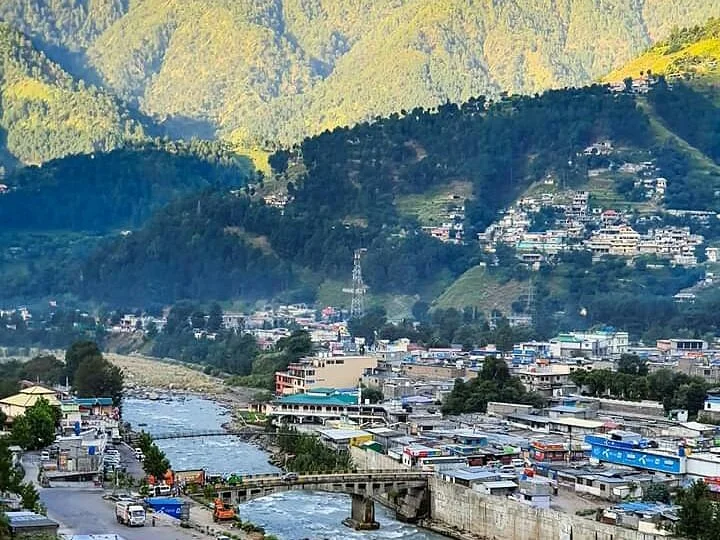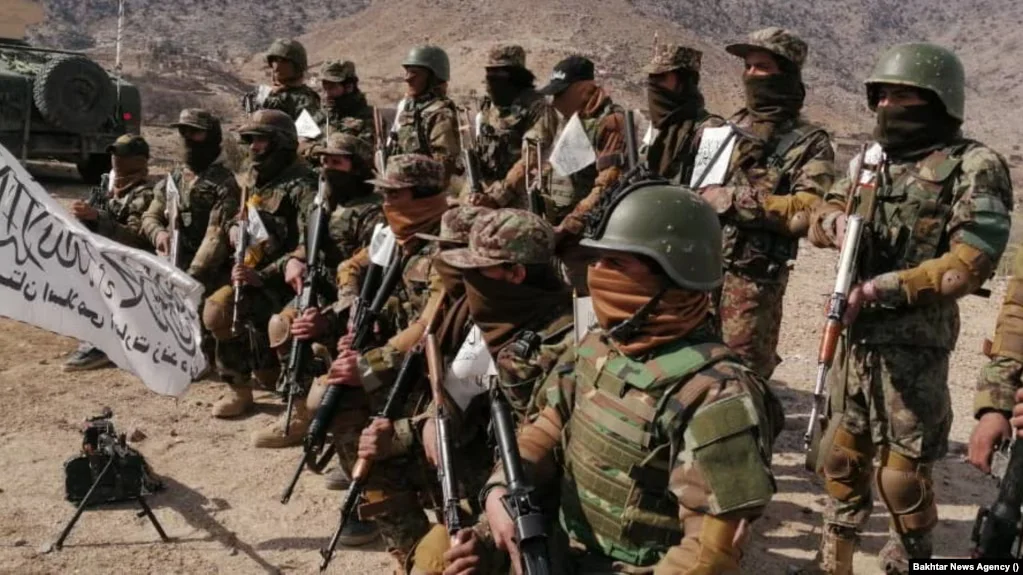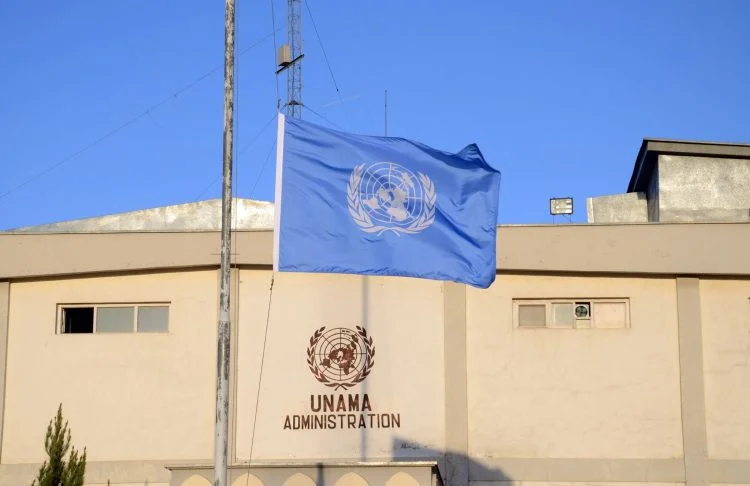Pakistan, a country rich in culture and history, has also grappled with its share of challenges. Among these, the quest for justice has been a long and arduous journey, particularly in its more remote regions. The rugged terrains of Khyber Pakhtunkhwa, once echoing with the rhythm of ancient caravans, have also borne the brunt of conflict and instability. For generations, the people of these areas have been through a labyrinth of legal complexities without a roadmap. It was against this backdrop of adversity that the seeds of hope were sown.
In the wake of these ongoing challenges related to justice and legal awareness in Pakistan, the United Nations Development Programme (UNDP) has undertaken significant efforts to address these issues, particularly in the Merged Districts of Khyber Pakhtunkhwa. This initiative, funded by the United States Agency for International Development (USAID), commenced in 2018 and targets some of the most vulnerable groups within these districts, including women, juveniles, minorities, and persons with disabilities.
The primary objective of the project is to form a more equitable and just society by educating citizens about their legal rights and ensuring they have the means to exercise these rights. Historically, the lack of legal awareness has been a substantial barrier to justice in Pakistan, a problem that is even more pronounced in the country’s peripheral regions.
The Scope of the Legal Aid Project
The UNDP’s Rule of Law Programme has made substantial strides in Kurram, Khyber, Orakzai, Bajaur, Mohmand, North Waziristan, and South Waziristan. These areas have faced long-standing socio-economic challenges, exacerbated by years of conflict and instability. The legal aid project is designed to mitigate these challenges by offering both awareness programs and direct legal aid services.
Key Components and Achievements
One of the pivotal components of this project is the organization of legal awareness sessions. These sessions aim to educate the local population about basic legal rights, the judicial system, and how to navigate it. By demystifying the legal processes, the project empowers citizens to seek justice more effectively. Additionally, these sessions are tailored to address the specific needs of different community groups, ensuring that the information is accessible and relevant to all.
Moreover, the provision of legal aid services is another cornerstone of the initiative. This includes offering free legal counsel and representation to those who cannot afford it. By doing so, the UNDP ensures that financial constraints do not prevent individuals from accessing justice. The focus on vulnerable groups like women, juveniles, minorities, and persons with disabilities underscores the project’s commitment to inclusivity and equity.
Impact and Future Directions
Since its inception, the project has made measurable impacts in the targeted districts. Increased legal literacy among the population has translated into higher levels of engagement with the judicial system. More people are now aware of their rights and are taking proactive steps to defend them. The project has also helped in building trust between the communities and legal institutions, which is crucial for long-term stability and peace.
Furthermore, the initiative has paved the way for further advancements in the rule of law in these regions. By highlighting the importance of legal rights and providing the necessary support to enforce them, the UNDP project is contributing to the broader goal of sustainable development and good governance.
UNDP’s Legal Aid Project: Community Testimonials
Community feedback has been overwhelmingly positive. Many beneficiaries have shared their experiences of how the legal aid services have directly improved their lives. For instance, women who were previously unaware of their legal rights now feel empowered to challenge injustices. Juveniles have been provided with legal representation that ensures their fair treatment under the law, and minorities have found a platform to voice their grievances and seek redress.
Also See: LFK Bi-Annual Review 2024: Rights Abuses in IIOJK
Challenges and Solutions
Despite the successes, the project has faced several challenges. Cultural barriers and mistrust of formal legal systems have been significant hurdles. To address these, the UNDP has employed local facilitators who understand the community dynamics and can bridge the gap between the legal aid services and the local population. Additionally, continuous engagement and follow-up with the beneficiaries ensure that the impact of the legal awareness sessions is sustained over time.
The UNDP’s legal awareness and aid project in Khyber Pakhtunkhwa’s Merged Districts represents a significant step towards creating a just and equitable society in Pakistan. By focusing on the most vulnerable populations and ensuring they have the knowledge and resources to defend their rights, the project not only addresses immediate legal needs but also contributes to the long-term goal of strengthening the rule of law in the region. With continued support and adaptation to emerging challenges, this initiative holds the promise of transforming the justice landscape in these historically underserved areas.
The views expressed in this article are the author’s own. They do not necessarily reflect the editorial policy of the South Asia Times.







